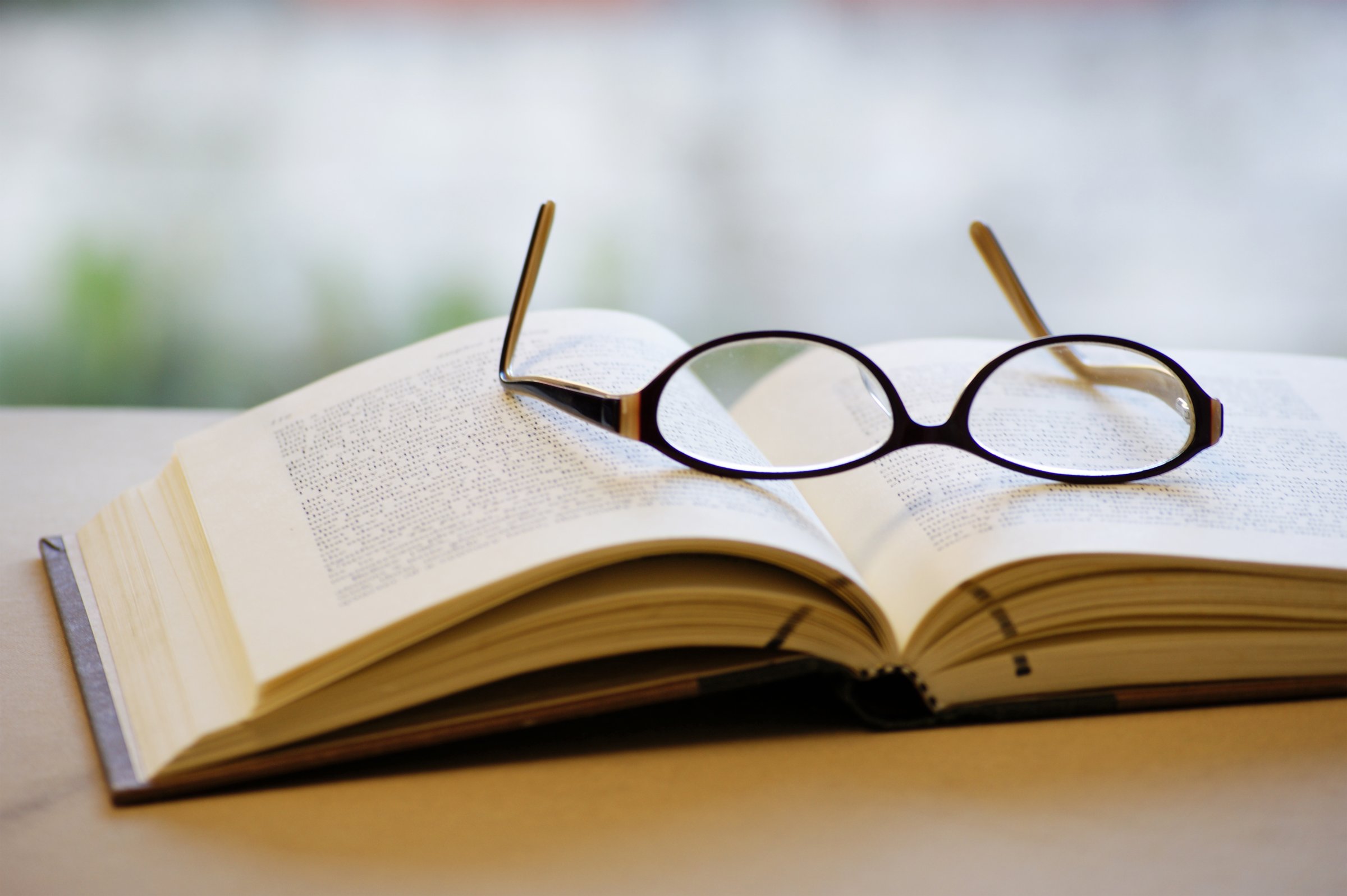
I read a lot. More and more, I’ve been thinking about what I read and asking myself if I’m making the most use of that time? Is there a way to improve return on investment? What Should I Read?
I’m not looking to optimize it to the Nth degree but it would be nice to come up with a simple map to help me know where I can find the most value per unit of work.
I think I’ve found it by combining two very simple ideas.
Understand Deeply
The first is getting back to basics, a concept from Five Elements of Effective Thinking:
Don’t face complex issues head-on; first understand simple ideas deeply. … Be brutally honest about what you know and don’t know. Then see what’s missing, identify the gaps, and fill them in. Let go of bias, prejudice, and preconceived notions. There are degrees to understanding (it’s not just a yes-or-no proposition) and you can always heighten yours. Rock-solid understanding is the foundation for success.
The most useful knowledge is a broad-based multidisciplinary education of all of the world’s great basic ideas. From there, you could specialize. And a broad understanding is built not on ideas that are recent but rather on ideas that have lasted, and will last.
“The more basic knowledge you have … the less new knowledge you have to get.” — Charlie Munger
The depth at which we master the basics is an indicator of how well we understand everything (after that). Deep work on simple ideas increases understanding and helps us build true virtuosity. If we are to have a chance of understanding complex problems, we need to master the basics.
The slightest wind blows over a house without a foundation.
The Lindy Effect
The second idea is Nassim Taleb’s concept of the Lindy Effect. Taleb was building on something developed by Benoit Mandelbrot. In Antifragile, he writes:
For the perishable, every additional day in its life translates into a shorter additional life expectancy. For the nonperishable, every additional day may imply a longer life expectancy. So the longer a technology lives, the longer it can be expected to live.
The nonperishable is anything that does not have organic or avoidable expiration dates.
While produce and humans have a mathematical life expectancy that decreases with each day, some things increase life expectancy with each day.
The perishable is typically an object, the nonperishable has an informational nature to it. A single car is perishable, but the automobile as a technology has survived about a century (and we will speculate should survive another one). Humans die, but their genes—a code—do not necessarily. The physical book is perishable—say, a specific copy of the Old Testament—but its contents are not, as they can be expressed into another physical book.
When I see a toddler walking down the street holding the hands of their grandparents, I can reasonably assert that the toddler will survive the elder.
With something nonperishable that is not the case.
We have two possibilities: either both are expected to have the same additional life expectancy (the case in which the probability distribution is called exponential), or the old is expected to have a longer expectancy than the young, in proportion to their relative age. In that situation, if the old is eighty and the young is ten, the elder is elected to live eight times as long as the younger one.
This is where Taleb asserts “So the longer a technology lives, the longer it can be expected to live.”
Not all things age with years.
If a book has been in print for forty years, I can expect it to be in print for another forty years. But, and that is the main difference, if it survives another decade, then it will be expected to be in print another fifty years.
This is where Taylor Pearson helped me put something together that I was just too stupid to do myself.
He connects reading to the Lindy effect. Whereas before my heuristic was simply older is better, now I know older is exponentially better. More importantly I have an idea why.
Pearson writes:
If you were to look at a typical person’s reading list, the vast majority of books would be crammed into the recent, low-value portion of the curve while many fewer books would occupy the much larger high-value, older section of the curve.
So your ROI on reading and understanding a concept from 500 years ago is highly likely to be exponentially greater in the long run than one presented only 5 years ago.
What I’m trying to get at is that the more fundamental or closer to the source that you move, the better the ROI in the long run.
So let’s combine these ideas.
Knowledge has a half-life. The most useful knowledge is a broad-based multidisciplinary education of the basics. These ideas are ones that have lasted, and thus will last, for a long time. And by last, I mean mathematical expectation; I know what will happen in general but not each individual case.
In the words of Charlie Munger, “take a simple idea and take it seriously.”
This piece originally appeared on Farnam Street.
Join over 60,000 readers and get a free weekly update via email here.
More Must-Reads from TIME
- Donald Trump Is TIME's 2024 Person of the Year
- Why We Chose Trump as Person of the Year
- Is Intermittent Fasting Good or Bad for You?
- The 100 Must-Read Books of 2024
- The 20 Best Christmas TV Episodes
- Column: If Optimism Feels Ridiculous Now, Try Hope
- The Future of Climate Action Is Trade Policy
- Merle Bombardieri Is Helping People Make the Baby Decision
Contact us at letters@time.com